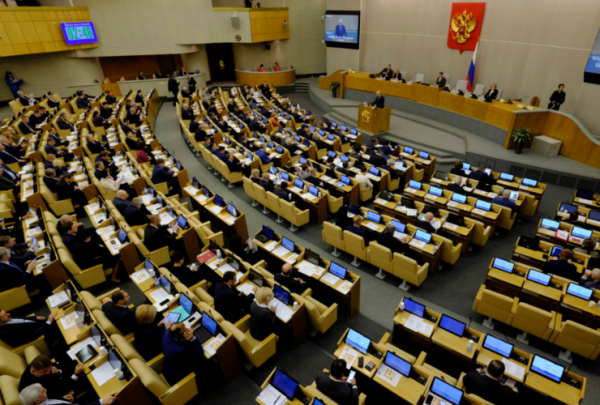The International Press Institute welcomes a Slovakian Constitutional Court ruling that the judiciary violated the rights of a Slovakian weekly magazine and failed to take into account the principle of freedom of expression when it directed the magazine to pay SKK 250,000 (EUR 8,300) to a judge for defamation of his character. The ruling of the three-member Constitutional Court bench is being hailed as a significant victory for freedom of the press in Slovakia.
The case began when the magazine published an editorial in 2007 claiming that penalties for defamation awarded by courts were disproportionate in comparison to the compensation given to victims of crimes, and could provide an incentive for corruption. The publication cited the name of a particular judge, Judge Polka, who had recently been awarded a sizeable amount in damages for defamation. The judge responded by suing the periodical.
According to an article by legal commentator Peter Wilfling, the district court and the Bratislava Regional Court both found in favor of the judge. However, the Senate Constitutional Court ruled that the article did not constitute a disparagement of the judge’s character and that the courts had failed to take into account the principle of freedom of expression.
The Constitutional Court referred in its decision to the decisions of the European Commission of Human Rights, the German Federal Constitutional Court and the Supreme Court of Canada and ruled that given the plaintiff’s public role and the nature of the article in question, the magazine was within its rights to publish said article.
“Justice is a legitimate topic of public interest,” said the Constitutional Court in its ruling.
“This judgment is very promising for Slovak media, especially as the Constitutional Court has pointed out in the judgment the freedom of journalists to question judges and politicians, who are ‘the least protected group of people’ in terms of acceptable criticism by the media,” said Pavol Mudry, board member of the Slovak News Agency (SITA) and an IPI board member.
“We know that this decision is not yet a war won, but it is at least an important battle won for the media. I hope it will be a very strong sign for politicians, judges and other ‘privileged’ groups who are attempting to become ‘untouchable’ (by the media),” added Mudry.
According to Wilfling’s article, the rising number of defamation lawsuits in Slovakia present a matter of concern. “The Constitutional Court’s verdict will be of great importance for similar disputes when judges or even courts sue media,” wrote Wilfling.
“We are relieved at this decision by the Constitutional Court to uphold freedom of expression in Slovakia,” said IPI Deputy Director Alison Bethel McKenzie. “The media’s victory in this case demonstrates that public figures can not resort to defamation law to intimidate the media. We hope this case establishes a legal precedent in Europe and worldwide.”


